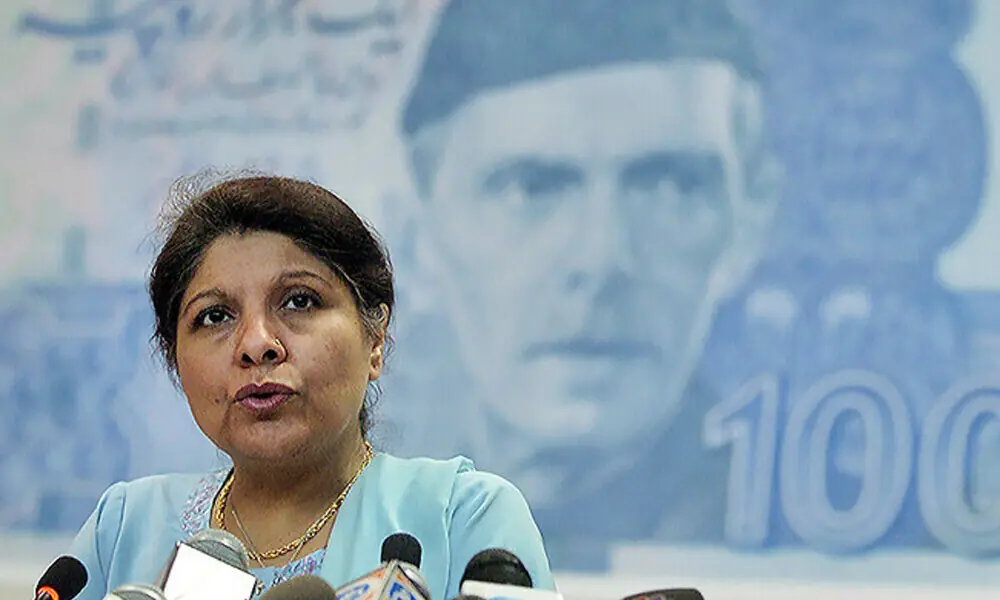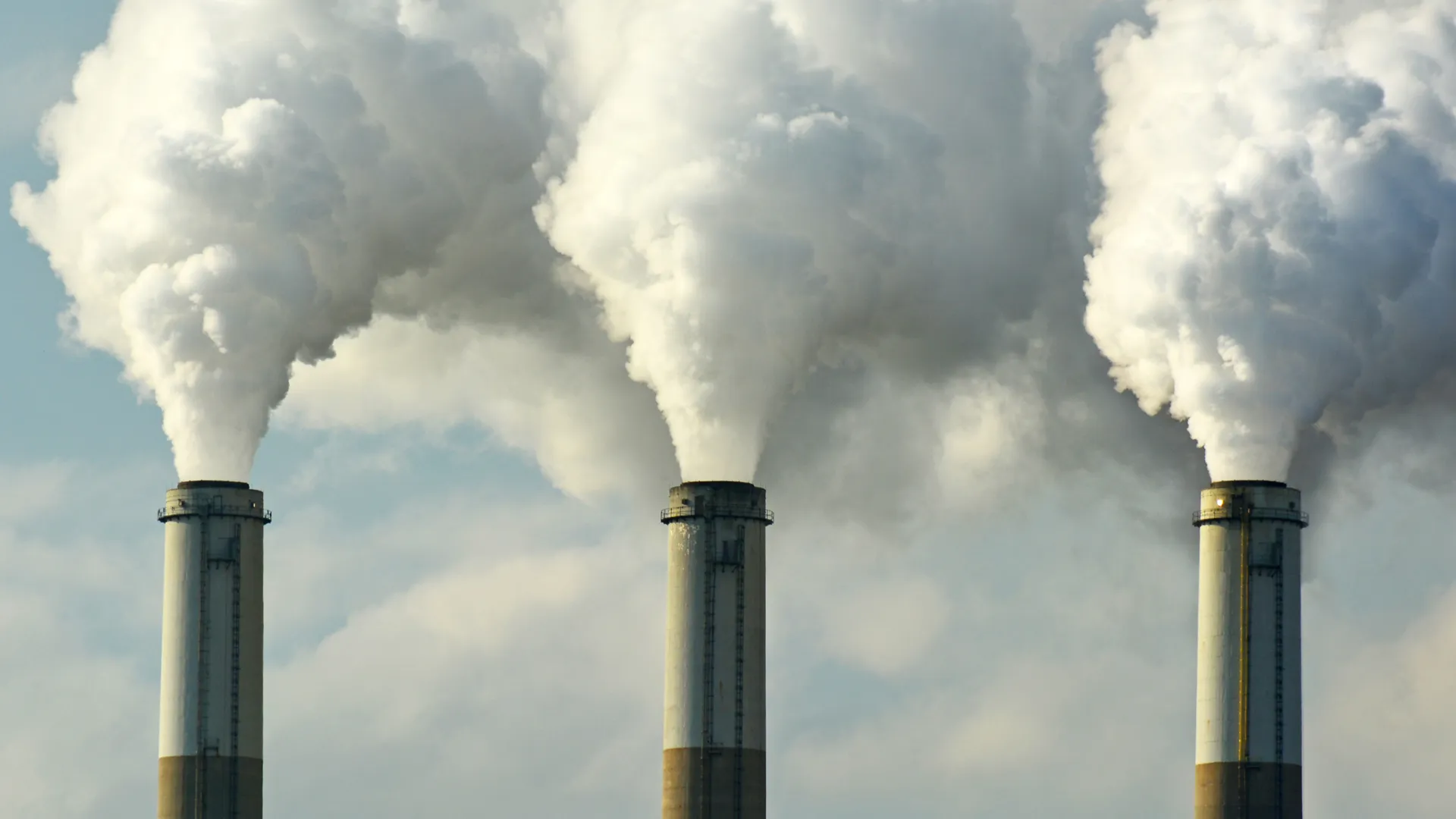Zafar Iqbal
The recent consecutive fortnightly cuts in petrol and diesel prices, amounting to a significant total reduction, have been hailed as a positive sign for the economy, reinforcing the official stance that the economy is on the path to recovery. These price reductions, totaling Rs28.57 and Rs36.34 for petrol and diesel respectively, coincide with a notable drop in inflation, which hit a 44-month low of 6.9 percent in September, surpassing all forecasts.
However, despite these encouraging figures, the Finance Minister has acknowledged the fundamental economic principle that prices are resilient when rising but tend to be resistant to downward adjustments. This means that a decline in petroleum prices often fails to translate into lower transportation fares or prices of essential goods. In light of the welcome decrease in inflation, the Finance Minister has urged provincial governments to actively participate in monitoring prices through committees to ensure that transport fares and the prices of essential goods are reduced. This call for vigilance is crucial to prevent unscrupulous elements from taking advantage of price distortions and jeopardizing the gains achieved in the early stages of the economic revival.
Furthermore, recent events in the Middle East serve as a stark reminder of the unpredictable nature of oil prices during times of uncertainty. Despite months of declining oil prices due to concerns about the US economic slowdown and potential demand shocks in China, the escalation of tensions between Iran and Israel has swiftly reversed this trend. As a result, financial markets have been rattled, with safe-haven assets such as the US dollar, gold, and Treasuries seeing increased inflows, and the risk premium returning to the oil market due to fears of supply disruptions.
The ongoing tit-for-tat conflict in the Gulf has the potential to disrupt the recent series of petrol price cuts, highlighting the vulnerability of these reductions to external factors beyond the government’s control. This underscores the importance of maintaining vigilance and effective price monitoring mechanisms to safeguard the benefits of falling petrol prices.
Despite these external challenges, there is recognition of the State Bank’s prudent monetary policy, which has successfully managed cost-push inflation. This policy has instilled optimism about potential future interest rate cuts, providing a sense of reassurance about the current economic situation. However, it is essential to acknowledge the forthcoming challenges associated with the IMF program, which is expected to bring tax hikes that could fuel cost-push inflation. This necessitates a transparent discussion about the sustainability of the current drop in inflation and the potential impact of tax-heavy structural adjustments on individuals and businesses.
While the government’s focus on economic recovery is justified, it is crucial to avoid creating false expectations, particularly considering the enduring impact of years of high inflation and unemployment on the standard of living. Therefore, there is a pressing need for clear and open communication with the public regarding the potential long-term implications of the IMF program and the measures required to navigate the evolving economic landscape. This will not only keep the public informed but also make them feel involved in the economic recovery process.















